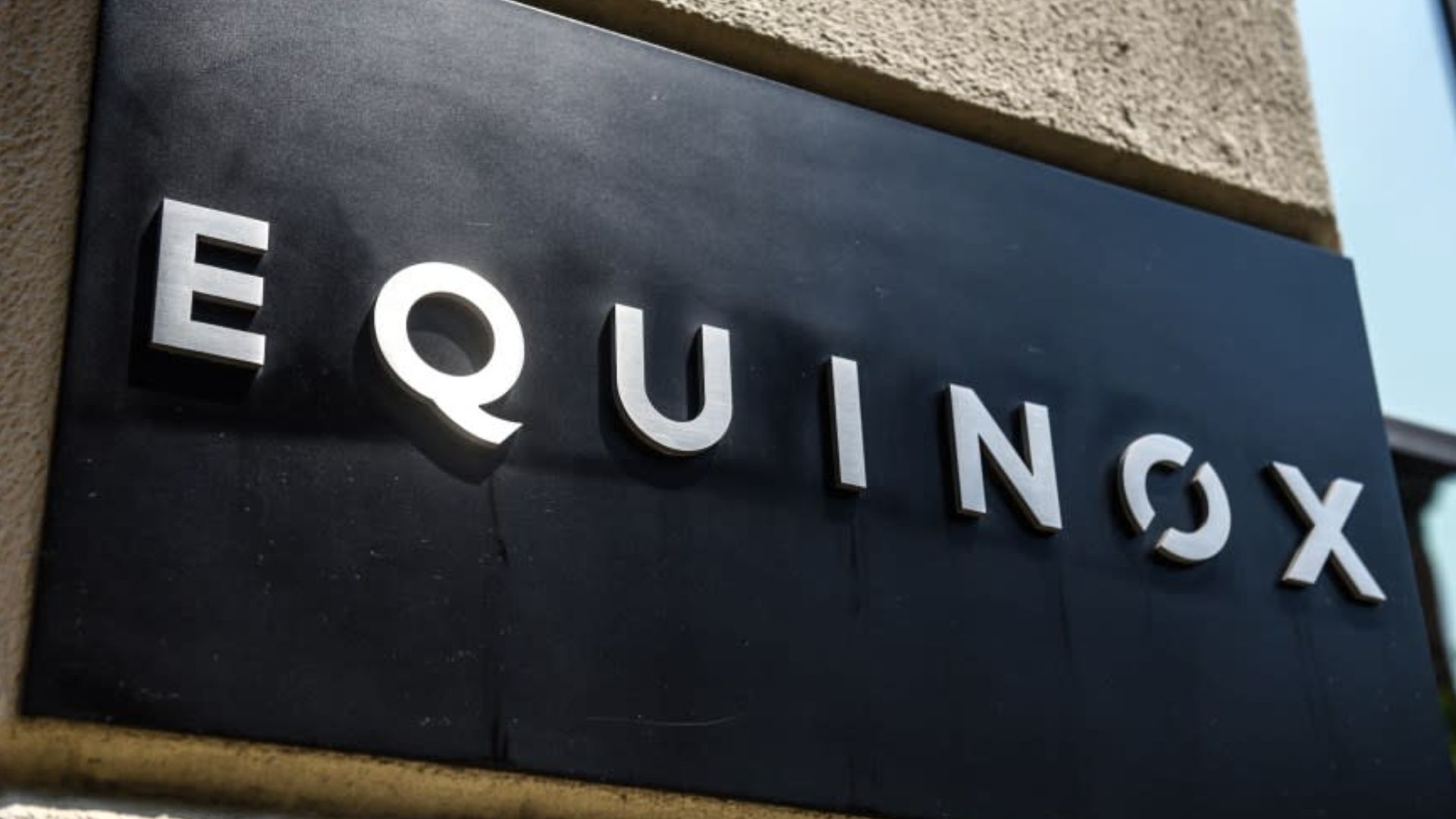State
Attorney General Letitia James forces Equinox to pay $600,000 after making it too difficult for customers to cancel gym memberships

New York – New York Attorney General Letitia James has secured a major settlement against national fitness brand Equinox Group, LLC, after an investigation revealed that the company made it unnecessarily difficult for customers to cancel their memberships. The agreement, announced this week, requires Equinox Group to pay $600,000 in penalties and offer restitution to hundreds of New Yorkers who faced obstacles while trying to end their subscriptions.
Equinox Group operates well-known fitness brands such as Equinox gyms, SoulCycle, and the digital platform Equinox+. According to the Attorney General’s Office, the company violated state consumer protection laws by hiding key subscription details, failing to gain proper consent for automatic renewals, and erecting barriers for those trying to leave.
“New Yorkers should be able to cancel a membership they no longer use or want without breaking a sweat,” said Attorney General James. “The Equinox Group made it challenging for customers to end their membership, costing them time and money. As a result of my office’s settlement, New Yorkers can now cancel their membership with Equinox, SoulCycle, or any of Equinox Group’s brands much faster.”
Read also: Woman thrown from motorcycle after crash involving car and SUV in busy Mattydale intersection
The Office of the Attorney General (OAG) launched its investigation following a wave of complaints from consumers who reported frustration and delays when attempting to cancel their memberships. Some were met with confusing online forms, vague terms buried in fine print, or drawn-out customer service processes that left them continuing to pay for services they no longer used.
Under New York law, subscription-based businesses must clearly inform customers of the terms and conditions of recurring billing. This includes revealing whether the subscription renews automatically, how long the initial term lasts, and what the cancellation policy entails. They are also required to obtain a subscriber’s clear and informed consent and to follow up with a confirmation of purchase that includes instructions on how to cancel.
Equinox, investigators found, failed on multiple counts. Critical subscription details were often hidden in hard-to-read fine print or tucked away in dense terms and conditions documents. Many customers weren’t clearly informed that their memberships would auto-renew, and Equinox did not properly document or acknowledge their consent. On top of that, those who attempted to cancel were faced with a cumbersome and time-consuming process.
The settlement provides financial relief for affected customers and mandates reforms to Equinox Group’s subscription practices. Eligible New York-based subscribers who filed a complaint with Equinox, the Federal Trade Commission, the Better Business Bureau, or the Attorney General’s Office between February 9, 2021, and December 31, 2024, may receive up to $250 in restitution.
Restitution for individual subscribers will vary depending on their circumstances. Most eligible customers could receive up to $100 if they were members of Equinox gyms, SoulCycle, or users of the Equinox+ online platform. To file for restitution, impacted subscribers must email the company by August 2, 2025, with their name and the email address or phone number linked to their account. SoulCycle users can send claims to [email protected], while Equinox Gym and Equinox+ users should email [email protected].
In addition to the financial penalties, the settlement forces Equinox Group to revise its subscription model moving forward. The company must now:
• Clearly explain all subscription terms at the time of purchase
• Obtain informed and affirmative consent from subscribers
• Provide timely post-purchase acknowledgments with cancellation instructions
• Make cancellation terms easily accessible on each of its brand websites
For many consumers, this move by the Attorney General’s Office signals a broader crackdown on companies that use “dark patterns”—a term used for deceptive online interfaces that manipulate or confuse users, often to make it harder to cancel services or subscriptions.
This isn’t the first time Attorney General James has taken action against such tactics. Just months ago, her office sued satellite radio provider SiriusXM for forcing customers through an exhausting cancellation process. In November 2024, a court found that SiriusXM had indeed violated consumer protection laws by failing to offer a simple way out of its recurring billing system.
With this latest victory, Attorney General James continues to hold companies accountable for placing profits over transparency. “Consumers should not need to jump through hoops to stop paying for something they no longer want or use,” her office emphasized.
The case was spearheaded by Assistant Attorneys General Gena Feist and Laura Mumm, with support from former Assistant Attorney General Hanna Baek. The investigation was conducted under the oversight of Deputy Bureau Chief Clark Russell and Bureau Chief Kim Berger of the Bureau of Internet and Technology. The bureau operates within the Division for Economic Justice, led by Chief Deputy Attorney General Chris D’Angelo and overseen by First Deputy Attorney General Jennifer Levy.
In a city where subscription services are a part of daily life—from gym memberships to streaming platforms—this settlement sets a critical precedent. It sends a clear message to other companies operating in New York: if your business model relies on making it difficult for customers to cancel, expect legal consequences.
Consumers who suspect they’ve been misled by a subscription-based service or experienced unfair cancellation practices are encouraged to report the issue to the Office of the Attorney General. With this latest enforcement action, it’s evident that the state is serious about protecting its residents from misleading business practices—especially when they cost people time, money, and peace of mind.

-

 Local News12 months ago
Local News12 months agoNew ALDI store close to Rochester to begin construction in late 2025 or early 2026
-

 Local News12 months ago
Local News12 months agoRochester Lilac Festival announces exciting 127th edition headliners
-

 Local News10 months ago
Local News10 months agoCounty Executive Adam Bello and members of the county legislature celebrate exceptional young leaders and advocates at the 2025 Monroe County Youth Awards
-

 Local News10 months ago
Local News10 months agoThe 2025 Public Market Food Truck Rodeo series will begin this Wednesday with live music by the Royal Bromleys